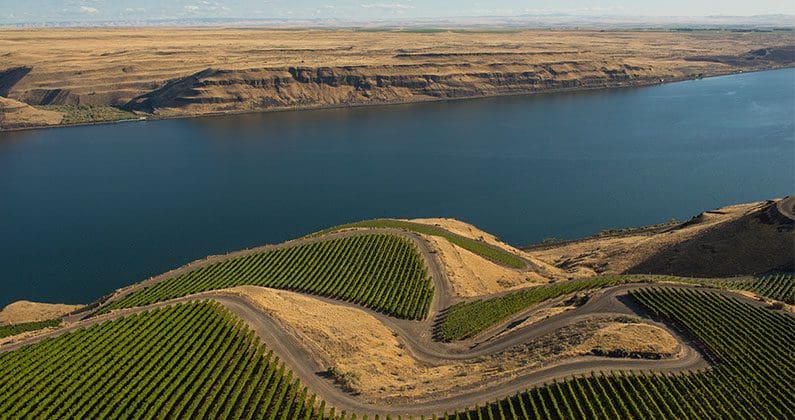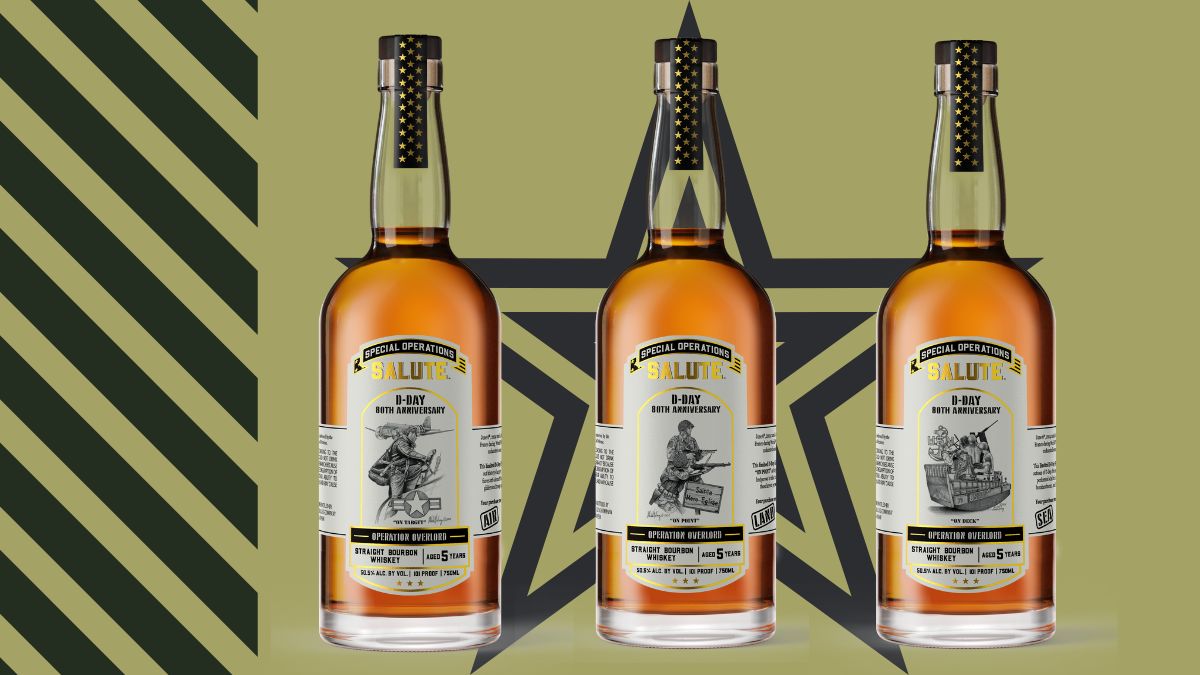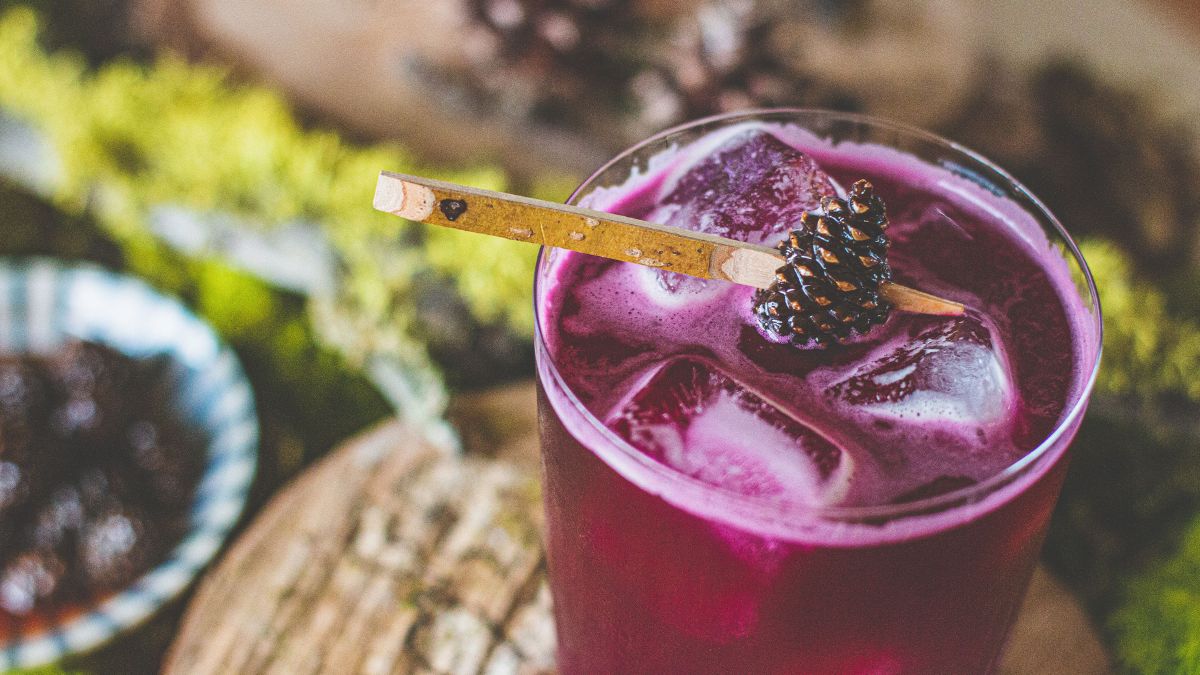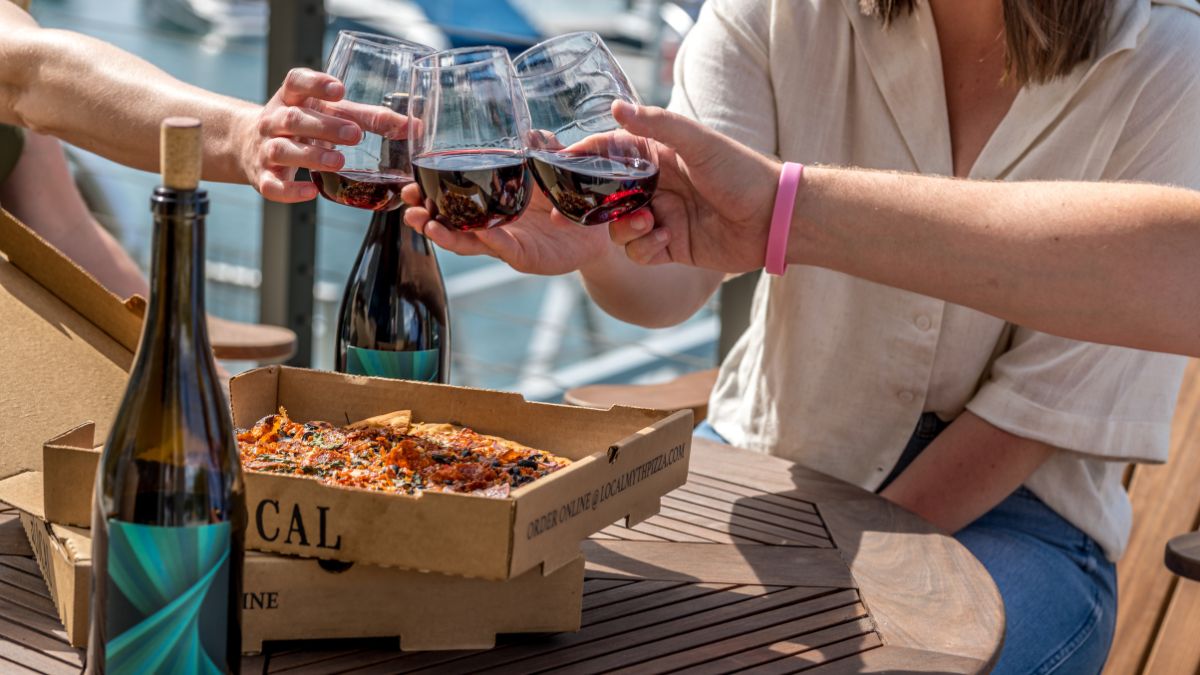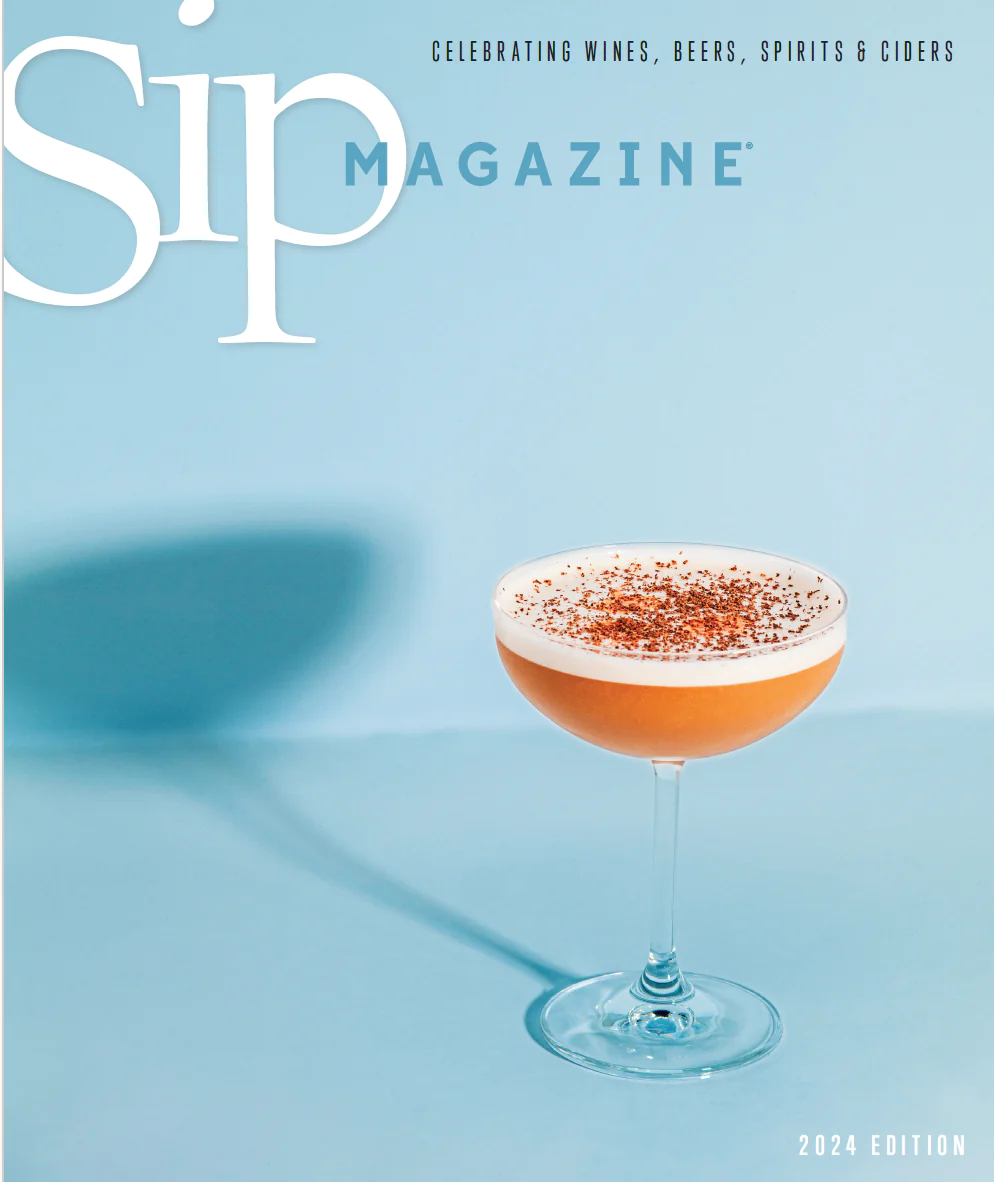Washington is home to over 70 different grape varieties and thousands of acres of lush vineyards. 64 percent of these varieties make up those bold reds, while the remaining 34 percent are whites. Whether at the edge of the Cascades in the vast Columbia Valley or in the Yakima Valley, the Northwest’s first designated wine appellation, get to know the varieties growing locally — it’ll make that next pour a little more meaningful. In honor of Washington Wine Month this August, here’s a collection of the biggest names in grapes from the bountiful Northwest region.
Cabernet Sauvignon. You can’t go wrong with a classic Cab, and there’s no surprise this variety takes the top spot. The Cabernet Sauvignon variety originated in France, popularized through its use in Bordeaux wines. Approximately 18,528 acres of Washington State is covered in this dark red grape, and in a moderate climate, Washington Cabernet is lucky to take advantage of a larger range of notes like bell peppers, herbs, berry, mint. Oh, and it just gets better with age, so don’t be afraid to leave it on your shelf a while longer.
Chardonnay. Often known to be crisp, with notes of oak (depending on treatment) and fruit, Chardonnay in Washington is fruitier in taste, and the Northwest climate grants more tropical notes rather than butter usually described in California wines. Only in recent years has Chardonnay achieved the top spot for Washington whites, usually tailing close behind Riesling, now with 7,403 acres planted.
Riesling. Washington is known as one of the premier producers of Riesling in the nation, with 6,099 acres planted. One of the first varieties planted here, Riesling is known for its fruitiness but Washington Rieslings tend to side drier rather than sweet. However, they are still very aromatic, often toting peach and apple. If you’re familiar with Washington wine, you may have heard of Chateau Ste. Michelle — the largest producer of Riesling in the world.
Merlot. Merlot wines are known for their deeper and full-bodied flavors — to the tune of 9,019 acres in the state. This variety is one of the primary varietals featured in Bordeaux wines, competing with the Cabernet as the more popular. With Washington’s mild climate, the state’s Merlots produce notes of black cherry and berries. Although the notes are fruit-forward, Washington Merlots tend to remain low in sweetness.
Syrah. This variety seems to have fluctuated in and out of style in recent years, but Washington is increasing its acreage with the grape, now at 4,565 acres. Syrah is known to benefit from a warmer climate, and while the Washington coast is known for its rainy weather, the valleys provide just the right amount of hot, sunny days the Syrah needs. Intense and dark, often described as a “jammier” wine, Washington Syrahs feature blackberry, blackcurrant, leather and tobacco flavors.
Sauvignon Blanc. Depending on the climate, flavors in a Sauvignon Blanc may show up wildly different, especially as the 1,367 acres span across the varying AVAs and climates of the state. Washington Sauvignon Blanc takes on more tropical notes and remain on the drier, more acidic side, making for a slightly crisper white. This variety pairs well with seafood, convenient for the natural bounty of the Pacific Northwest.
Want to know more about Washington State wine? Mark your calendar this month for the Auction of Washington Wine, the 31-year-old nonprofit wine affair that has brought in more than $41 million for Seattle Children’s Hospital, Washington State University’s Viticulture and Enology program and the Industry Grant Program. This year’s event starts Thursday, August 16, with the Winemaker Picnic & Barrel Auction at Chateau Ste. Michelle in Woodinville, with winemaker dinners at private estates throughout the Puget Sound on Friday, August 17, the Gala back at Chateau Ste. Michelle on Saturday, August 18, and much more in between.

